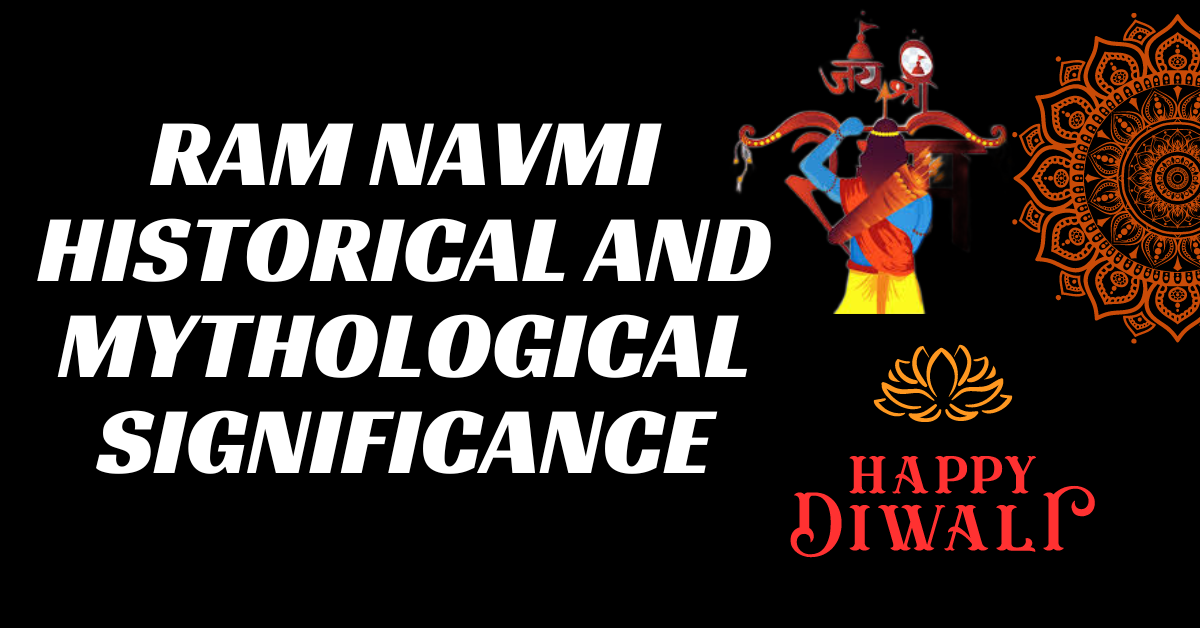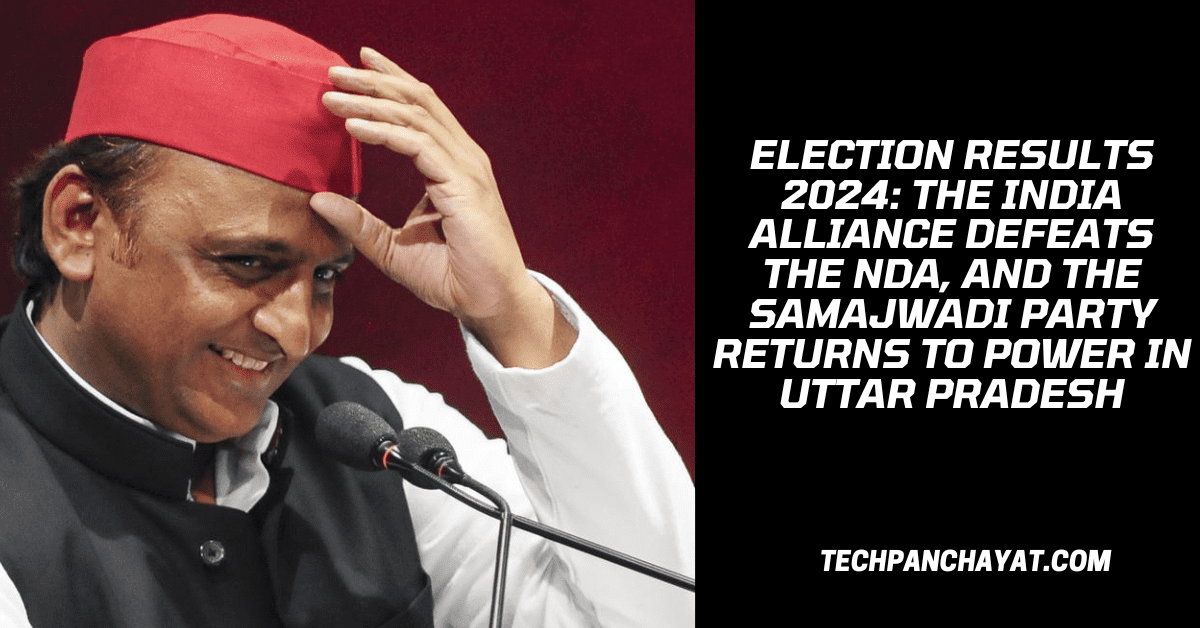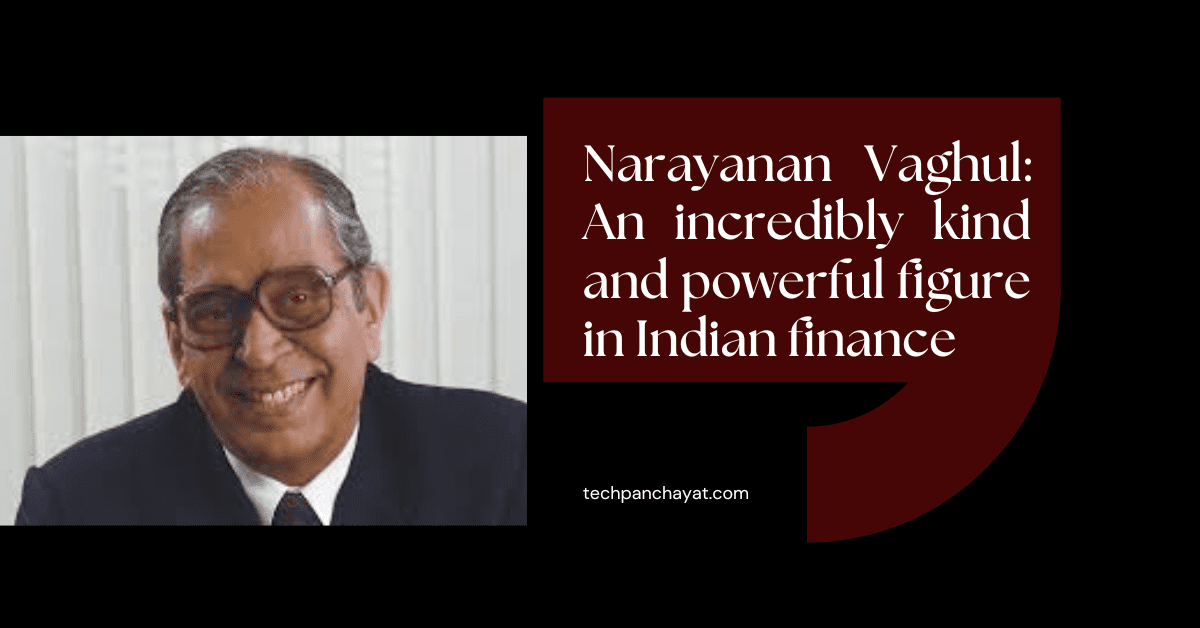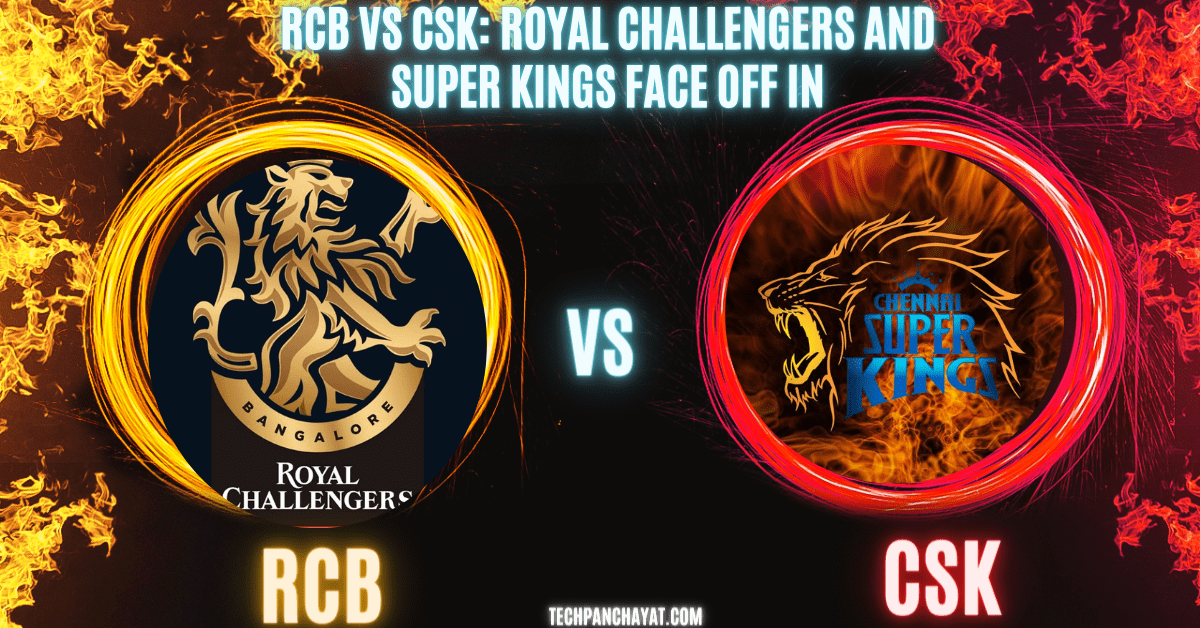Celebrating the Birth of Lord Rama

Ram Navmi, one of the most revered festivals in Hinduism, marks the birth anniversary of Lord Rama, the seventh incarnation of Lord Vishnu. This auspicious occasion falls on the ninth day (Navami) of the Chaitra month in the Hindu calendar, typically in March or April. The festival holds immense significance for millions of devotees worldwide, symbolizing the triumph of good over evil and the virtues of righteousness, courage, and devotion.
Historical and Mythological Significance:
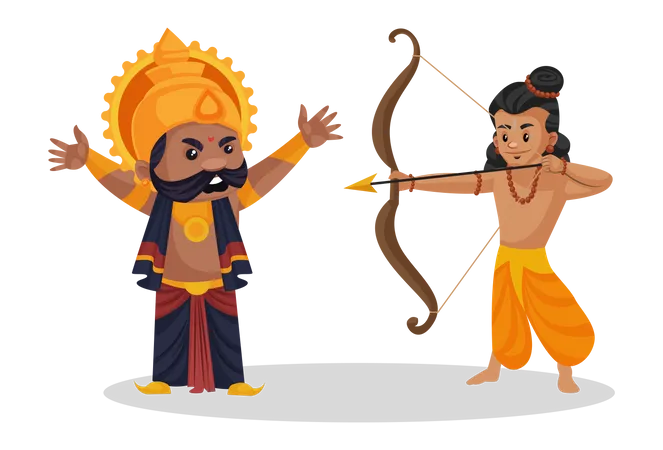
The origins of Ram Navmi can be traced back to ancient scriptures, primarily the Ramayana, which narrates the life and deeds of Lord Rama. According to the epic, Lord Rama was born to King Dasharatha and Queen Kaushalya in Ayodhya. His birth not only fulfilled the divine purpose of vanquishing the demon king Ravana but also established the ideals of dharma (righteousness) and maryada (moral conduct).
Rituals and Traditions:
Ram Navmi is celebrated with great fervor and enthusiasm across India and in many parts of the world with significant Hindu populations. The festivities typically begin with devotees observing a fast and performing special prayers and rituals at temples dedicated to Lord Rama. Images of Lord Rama, Sita, Lakshmana, and Hanuman are adorned with flowers and worshipped with devotion. Recitations of the Ramayana and devotional songs (bhajans) echo through the air, creating an atmosphere of spirituality and joy.
One of the highlights of Ram Navmi is the grand procession known as the Shobha Yatra, featuring elaborate floats and tableaux depicting scenes from the Ramayana. Devotees, dressed in traditional attire, participate in the procession, singing hymns and chanting the name of Lord Rama. The procession culminates in a public gathering where religious discourses and cultural programs are organized to spread the message of harmony and brotherhood.
Teachings and Values:

Beyond its religious and cultural significance, Ram Navmi carries profound spiritual teachings that resonate with people of all faiths. The life of Lord Rama exemplifies the virtues of compassion, humility, integrity, and sacrifice. His unwavering devotion to truth and righteousness serves as a guiding light for humanity, inspiring individuals to lead a life of purpose and service to others.
Ram Navmi encourages devotees to reflect on the timeless wisdom embedded in the Ramayana and strive to emulate Lord Rama’s noble qualities in their daily lives. It reminds us of the importance of upholding moral values and standing up against injustice, just as Lord Rama did in his quest for dharma.
Celebrating Ram Navmi Today:

In contemporary times, Ram Navmi continues to be celebrated with great enthusiasm, albeit with modern adaptations and innovations. Devotees organize community service initiatives, such as food distribution and blood donation camps, to serve the less fortunate and promote social welfare. Additionally, cultural programs, including dramas and musical performances based on the Ramayana, are organized to educate and entertain audiences of all ages.
Conclusion:
Ram Navmi is not merely a festival but a spiritual journey that celebrates the eternal values of righteousness, compassion, and devotion embodied by Lord Rama. As we come together to commemorate his birth, let us rekindle our faith in goodness and strive to make the world a better place through our actions and intentions. May the divine blessings of Lord Rama illuminate our lives and guide us on the path of righteousness. Jai Shri Ram.

